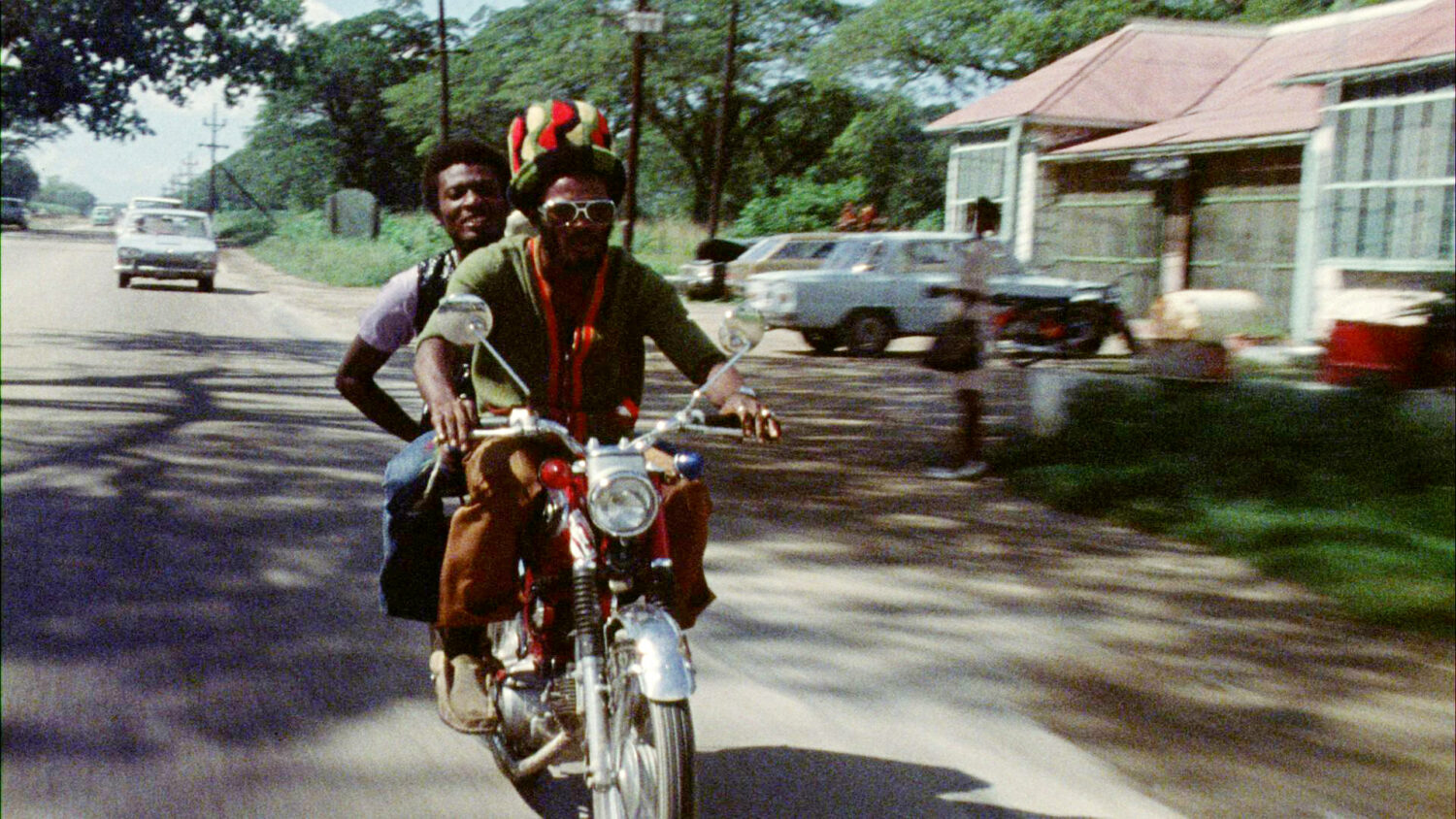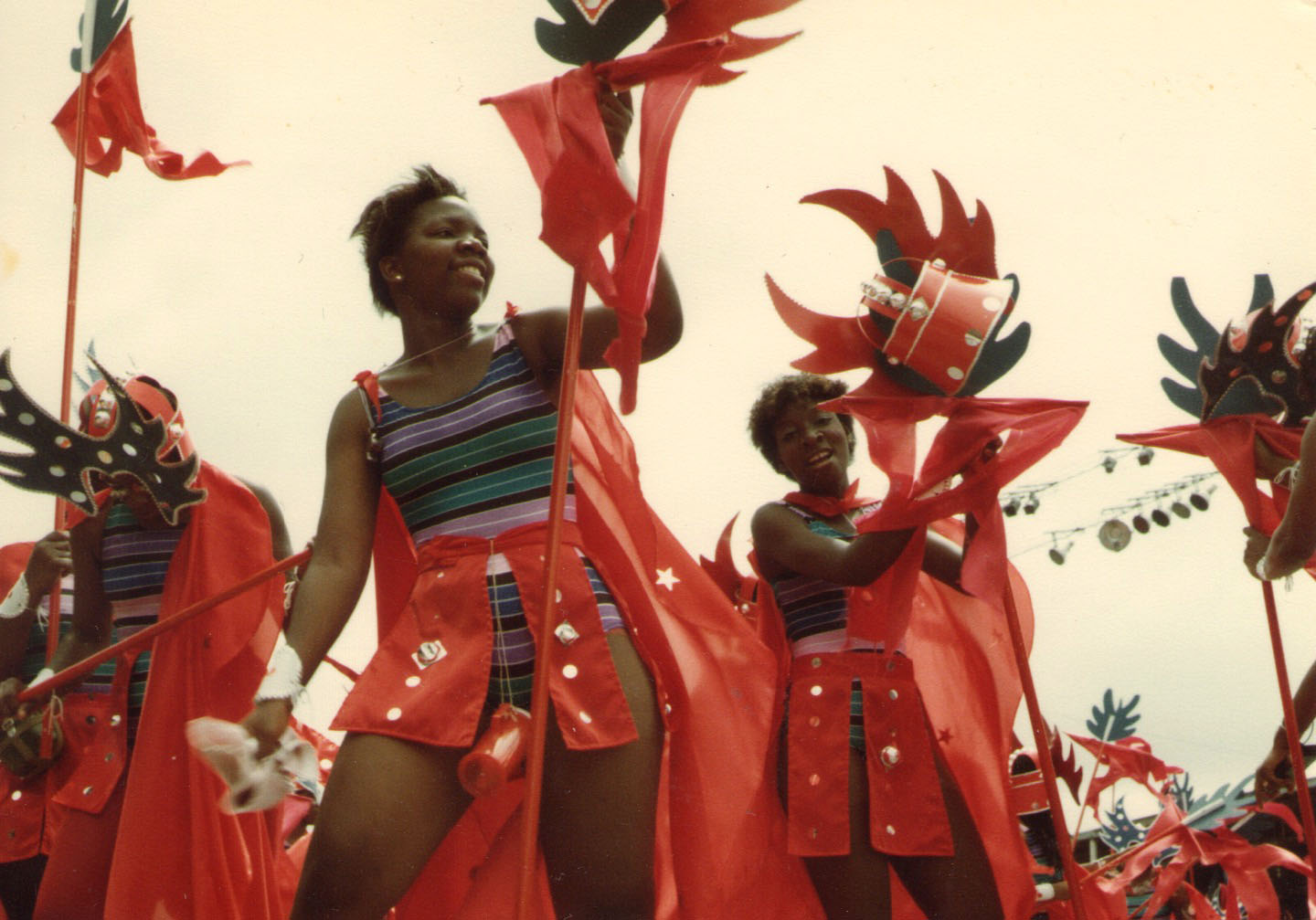The Evolution Of Caribbean Cinema
By Something CuratedWhile the Caribbean has been linked to cinema since the late 1800s, it is not widely recognised as a filmmaking centre, with the exception of Cuba, which established its own film industry after the success of the revolution in 1959. Despite the region’s involvement and interest in movies, its primary role has been that of a consumer of foreign films. Initially, the Caribbean relied on films from outside the region due to its colonial status, making it challenging to finance and produce works that effectively and honestly represented Caribbean culture. With the rise of national independence movements in the region, a small collection of feature films emerged as part of what can truly be referred to as Caribbean cinema.

In 1970, Trinidad produced the first feature film created indigenously in the English-speaking Caribbean, a historical drama called The Right and the Wrong. In 1972, Jamaica released its first feature film, The Harder They Come, earning critical acclaim. A slew of features in the 70’s followed suit. It appeared as though a Caribbean New Wave was poised for the cinematic world stage. However, the enthusiasm dwindled, and the ideological fervour that drove the most successful of these films, born of the social and political tumult of the era, waned. A considerable amount of the region’s top filmmaking talent also migrated to the US in search of lucrative opportunities.

In more recent times, there has been an exciting revival of Caribbean cinema, as a fresh cohort of filmmakers have emerged, and are continuing to do so, from across the region. One of the primary reasons for this resurgence is likely practicality, as technology has evolved. Film, perhaps above all, is an art form driven by technology, and the development of digital media, which is significantly less expensive than film, has made it possible for a larger number of aspiring filmmakers to access the tools they need to work. Offering a rare insight into the flourishing Caribbean film culture, the Barbican is set to present Snapshots: Caribbean Cinema Up Close, a collection of films running from 17-31 May 2023.
The programme’s curator, Patrice Robinson, tells: “I am excited, both personally and professionally, to be presenting these films which explore and reflect on the joyous and difficult aspects of life in the Caribbean to audiences. I believe it is important to think about the past when considering the present, and to acknowledge that those who came to the UK have done great things, but that their connection to the Caribbean of today is still present, relevant and impactful. These films have taught me much about this region which is of great importance to me, and I cannot wait to share this with audiences at the Barbican, especially in the lead up to the 75th National Windrush Day on 22 June.”

Caribbean Cinema Up Close will launch with the UK premiere of the brand new restoration of Kavery Kaul’s One Hand Don’t Clap, her upbeat archive documentary that explores the importance of Calypso music and the community around it. In the run up to the crowning of Trinidad’s 1986 Calypso Monarch, the film follows iconic Calypsonians such as Calypso Rose and Lord Kitchener as they discuss their early careers, and gain access to this beloved genre of music, focusing on the history and the intergenerational aspects of Calypsonian culture. The film screens in a new digital restoration, with support from the Leon Levy Foundation, and will be followed by a virtual talk with director Kaul.
The season continues with Currents, a programme of seven shorts that explore universal themes of familial and self-acceptance, overcoming adversity, justice and pride from a uniquely Caribbean perspective. Among the films on show is Trinidadian director Gesiye’s The Wound is a Portal, in which the artist invites eight Trinidadians to get a tattoo, connecting them all, whilst exploring their wider and more personal connection to the island. Strictly Two Wheel, by Jamaican filmmaker Ania Freer, portrays a father providing his children with a rich cultural inheritance by passing on his ability to build and mend bicycles. And Twa Fèy, by Haitian directors Eléonore Coyette and Sephora Monteau, beautifully intertwines the stories of three women, highlighting the power of sisterhood.

The programme will culminate with Parsley, 2022, a film by Dominican writer and director José María Cabral, which chronicles the true account of the Parsley Massacre – a large-scale massacre of Haitians living in the northwestern frontier of the Dominican Republic. In 1937, Marie, a young Haitian woman, is anticipating the birth of her first child with Frank, her devoted Dominican husband, near the border between the two countries. She is abruptly awoken in the middle of the night by the sounds of distant screams. The so-called “Cut” has been ordered, calling for the immediate execution of all Haitians on Dominican soil, and whether or not a victim can pronounce the word “perejil” (Spanish for “parsley”) is what determines their fate.
Feature image: Kavery Kaul, One Hand Don’t Clap, 1988. © Kavery Kaul